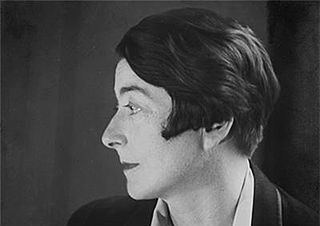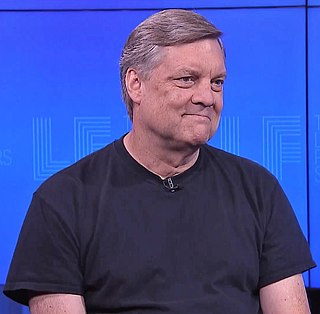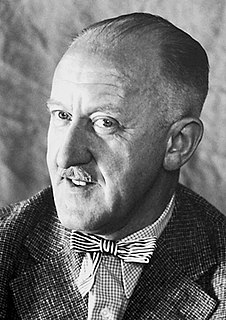A Quote by Harriet Beecher Stowe
A man builds a house in England with the expectation of living in it and leaving it to his children; we shed our houses in America as easily as a snail does his shell.
Related Quotes
A man builds a house in England with the expectation of living in it and leaving it to his children; while we shed our houses in America as easily as a snail does his shell. We live a while in Boston, and then a while in New York, and then, perhaps, turn up at Cincinnati. Scarcely any body with us is living where they expect to live and die. The man that dies in the house he was born in is a wonder. There is something pleasant in the permanence and repose of the English family estate, which we, in America, know very little of.
It is God's earth out of which man is taken. From it he has his body. His body belongs to his essential being. Man's body is not his prison, his shell his exterior, but man himself. Man does not "have" a body; he does not "have" a soul; rather he "is" body and soul. Man in the beginning is really his body. He is one. He is his body, as Christ is completely his body, as the Church is the body of Christ
The master in the art of living makes little distinction between his work and his play, his labor and his leisure, his mind and his body, his information and his recreation, his love and his religion. He hardly knows which is which. He simply pursues his vision of excellence at whatever he does, leaving others to decide whether he is working or playing. To him he's always doing both.
To live his life in his own way, to call his house his castle, to enjoy the fruits of his own labour, to educate his children as his conscience directs, to save for their prosperity after his death -- these are wishes deeply ingrained in civilised man. Their realization is almost as necessary to our virtues as to our happiness. From their total frustration disastrous results both moral and psychological might follow.
The slave labors, but with no cheer - it is not the road to respectability, it will honor him with no citizens' trust, it brings no bread to his family, no grain to his garner, no leisure in after-days, no books or papers to his children. It opens no school-house door, builds no church, rears for him no factory, lays no keel, fills no bank, earns no acres. With sweat and toil and ignorance he consumes his life, to pour the earnings into channels from which he does no drink, into hands that never honor him. But perpetually rob and often torment.
[Man] is the only animal who lives outside of himself, whose drive is in external things—property, houses, money, concepts of power. He lives in his cities and his factories, in his business and job and art. But having projected himself into these external complexities, he is them. His house, his automobile are a part of him and a large part of him. This is beautifully demonstrated by a thing doctors know—that when a man loses his possessions a very common result is sexual impotence.
And old Dave, he'd go up to his room, y'understand, put on his green velvet slippers - I'll never forget - and pick up his phone and call the buyers, and without leaving his room, at the age of eighty-four, he made his living. And when I saw that, I realized that selling was the greatest career a man could want.


































